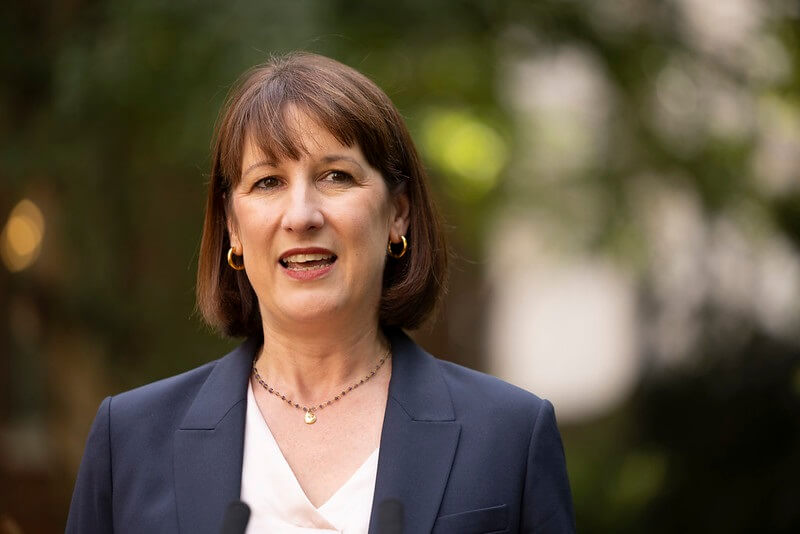Mortgage experts think an interest rate cut on Thursday is less likely after Chancellor Rachel Reeves announced public sector pay rises.

In her speech to the House of Commons on Monday, Reeves confirmed most NHS staff, teachers and armed forces members would receive above-inflation pay hikes as would police and civil servants.
Whilst these hikes have been welcomed, they are also likely, say finance experts, to influence the way the decision makers at the Bank of England vote when they meet to decide on whether to hold, cut or increase interest rates.
Danni Hewson, head of financial analysis at AJ Bell, said: “It’s not surprising that one of the new Labour government’s first moves has been to ensure industrial relations with public sector workers are put back on a more secure footing by accepting recommendations on public sector pay.
“Whilst not securing a satisfactory pay deal would undoubtedly have costly repercussions, finding the cash to cover the extra cost of meeting recommendations comes with its own issues.
“The prospect of higher than expected pay rises is likely to factor into interest rate decisions taken by the Bank of England’s MPC both this week and in the coming months.”
The Monetary Policy Committee (MPC) is the nine-member group in the Bank of England (BoE) which meets every six weeks to decide what will happen to interest rates.
For nearly a year the MPC has held rates at 5.25% as it has attempted to keep inflation under control. With inflation remaining at 2% – the BoE’s target – for two months, expectations of a base rate cut had grown.
But most experts are now saying there is a 50/50 chance a cut will go ahead.
Andrew Montlake, managing director at Coreco, speaking via the Newspage Agency, said: “The odds of a rate cut this week rested on fine margins as it was, but the latest statement from the Chancellor and the public sector pay awards may well cause the Bank of England to stay their hand further.
“Whilst the pay rises themselves are deserved, there is no doubt that they can be seen as inflationary and the type of data that affects an already cautious Bank of England.”
When will interest rates be cut?
If Thursday is not the day the interest rate cuts take place, then when – if at all – might we see a much-needed reduction to the base rate in 2024?
Laith Khalaf, head of investment analysis at AJ Bell, said even if it happens soon the effect may not be as impactful as people expect. “This week’s interest rate decision sits on a knife edge,” he said.
“Markets are currently pricing in a 60% chance of a rate cut, which signals a split vote from investors on whether the Bank is likely to take any action. The market is more confident we’ll get a cut by September’s meeting, and is almost certain we’ll get two rate cuts by the end of the year, according to Refinitiv data.”
He added: “The Bank’s interest rate decision is more symbolic than substantial. A rate cut marks an entry into a new phase of interest rate policy, but at street level the reality is financial conditions won’t change much.
“Especially for the hoard of people who will be rolling off cheap fixed-rate mortgages this year and encountering a new and bracing financial reality.”














